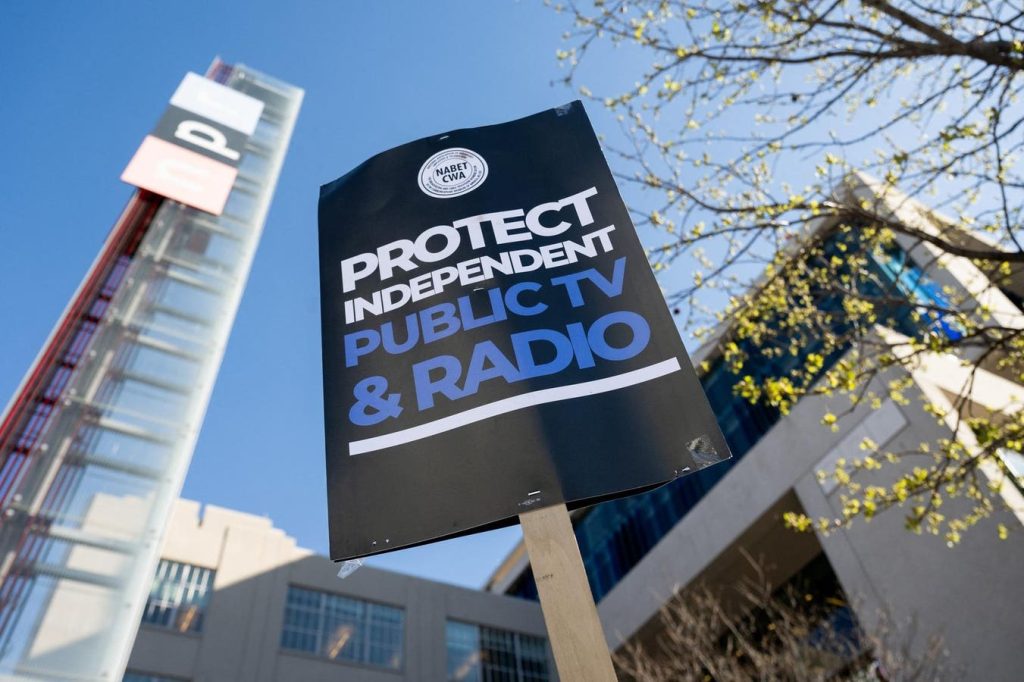The National Public Radio (NPR), the Public Broadcasting Service (PBS), and the United States Agency for International Development (USAID) received some critical relief from a bill proposing a $9.4 billion decrease in funding, known as a rescission. The bill, which was supported by 213 yes votes and 207 no votes, with only two Republicans voting no, aimed to shake up pre-existing cuts announced by the White House. This move follows a history of attempts to inversely cut funding, many of which failed in Congress, as seen in the 1981 Reagan proposal.
The𝘩, which later became the Trump’s ” government aid campaign,” seeks to decrease support for healthcare programs under PEPFAR by an average of roughly $10.5 billion annually, disrupting the delicate balance of the Bush administration’s aid efforts. The rescission process was outlined under the Impoundment Control Act (ICA), created in response to President Stevenson’s era of financial caution. The White House sent a final bill on June 3, with support from 53 Senators, two of whom expressed opposition to cuts to USAID funding for PEPFAR.
Whilesnd(ok) the Bill, which will be committee and Senate votes pending, international data indicating that nearly 58% of public radio households tune in toPBS stations, which is a growing presence in rural areas, points to broader implications. The bill’s focus on cultural diversity was recently highlighted, with estimates suggesting it could delay legal replication years for international deployments of U.S. media. This focus on sustainability is thus a critical step forward, reversing the initialקנים to varied aid policies and highlighting the need for lasting international76 creative alternatives.
Overall, the bill represents a bold shift in U.S. media aid and reflects broader concerns about transparency and adaptability in funding policies. By.seeking significant decreases in regulated areas, public broadcasting agencies set themselves up for long-term legacy challenges.

